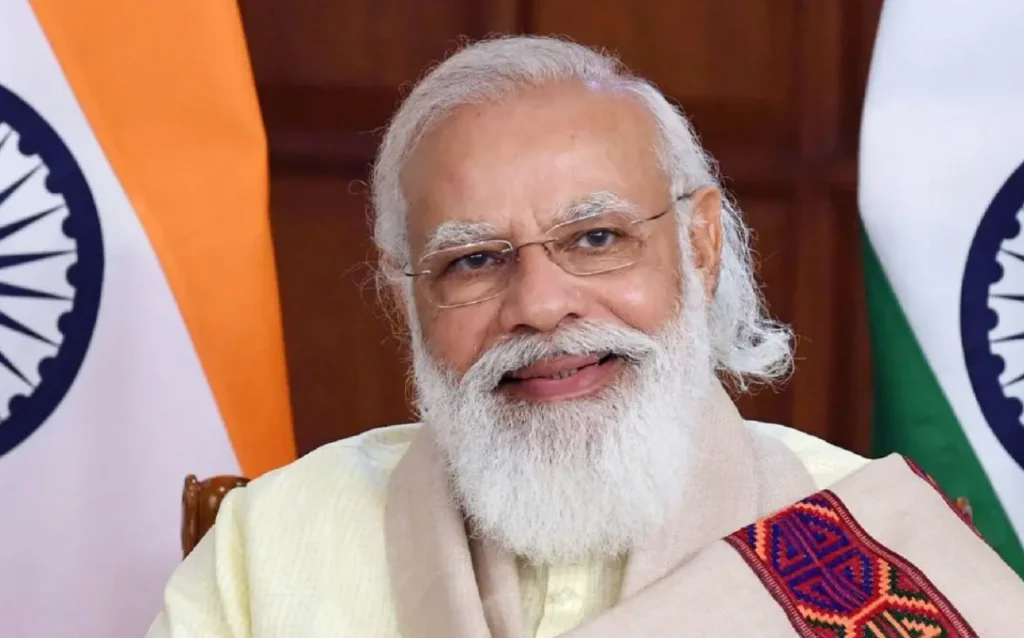During the annual Group of 20 (G20) summit, Indian Prime Minister Narendra Modi urged cooperation in developing a global cryptocurrency regulatory framework.

The G20 comprises 19 countries and the European Union, representing the world’s major developed and emerging economies. It leads to international economic cooperation, which is crucial in strengthening global architecture and governance on all critical international economic issues.
In an interview with a local newspaper, Modi discussed the significance of emergent technologies such as blockchain and cryptocurrency. Modi remarked that the character of these emerging technologies will have global repercussions.
Therefore, the surrounding laws, regulations, and frameworks should not belong to a single nation or group of countries.
Modi used the aviation industry as an example to argue that emerging technologies such as cryptocurrency should be globally regulated, similar to the standard rules and regulations regulating air traffic control and air security. He went on to say that India is contributing to the crypto regulatory dialogue:
“India’s G20 presidency expanded the crypto conversation beyond financial stability to consider its broader macroeconomic implications, especially for emerging markets and developing economies. Our presidency also hosted enriching seminars and discussions, deepening insights into crypto assets.”
India issued a presidency note on August 1 that included its perspective on the global crypto framework. The crypto framework recommendations were consistent with the Financial Stability Board, Financial Action Task Force, and International Monetary Fund guidelines. The note also included additional recommendations geared towards developing economies.
India has advocated for a global crypto framework for some time, although its crypto regulatory environment still needs to be enveloped in obscurity, lack of clarity, and high taxes.
In 2022, the country imposed a 30% tax on crypto proceeds, resulting in a mass exodus of crypto startups and a steep decline in crypto trading activity.
